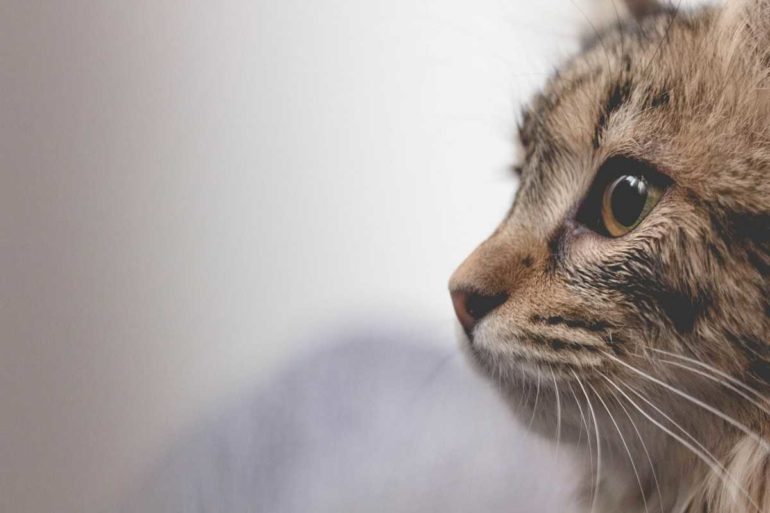
Cat Vaccinations 101: Everything You Need to Know
When it comes to cat vaccinations, you can’t just give all cats the same shots. You may hear conflicting opinions about what your cat needs and what will keep your furry friend safe from disease. This can be confusing, especially if you’re a new cat parent. With that in mind, we’ve put together a short guide on cat vaccinations.
Which cat vaccinations are necessary?
Most cats are going to benefit from a few standard vaccinations. However there may be some instances where your cat will need additional vaccinations or instances where the cat may be allergic to a specific vaccination.
In general, though, your cat will need rabies and FVRCP vaccines. The rabies shots are required annually, but also need to be administered at 14-16 weeks and as a one-year booster.
The FVRCP vaccine is a combination vaccine that treats a variety of diseases, such as feline viral rhinotracheitis, feline panleukopenia, and feline calicivirus. This vaccine will need to be administered four times in the first year of life and then again at the three-year mark.
These are your cat’s core vaccines, and there are non-core vaccines as well, which won’t be as necessary but which many cats should get. These are feline leukemia virus, chlamydophila felis, and bordetella bronchiseptica. Cats will only need these in certain circumstances, and your vet will assess your cat’s risk of contracting these diseases and needing to be vaccinated against them. Talk to your vet to find out specifically what your cat needs, or you can find out more about the subject here.
The risks
While vaccines are invaluable for keeping your cat safe and free from disease, there are also some associated risks that you should know about. This is true of any vaccine, and the most common risk is that there will be a mild reaction or side effect. Your cat may have an allergic reaction to the vaccine (rare) or may suffer from mild symptoms of whatever disease the cat is being vaccinated against fairly common).
Cats in poor health are more likely to have an adverse reaction to vaccinations, and your cat can assess how much of a risk your cat is for something like that to occur. Cats may feel lethargic or have a low appetite for a few days after the vaccine. After all, their immune system will be working overtime to combat the small virus in their body, and that can take a toll on their energy levels and mood. Your cat may not be quite himself for a short while, but this should pass quickly. If you think that your cat is experiencing severe side effects or symptoms following a vaccination, then you should let your veterinarian know as soon as possible.
All this aside, the risks associated with rabies and FVRCP are fatal, and much worse than an allergy or reaction to the vaccination itself.
Cat vaccines and the law
You might be wondering if there is a state law that requires cat vaccines. Most states do not have some laws pertaining to vaccinating cats, though any veterinarian will tell you that vaccinations are recommended.
In the majority of states, there is a minimum required age that cats will have to get their vaccinations. That tends to be between three and six months of age. Check your local laws to see how they apply to you. You will also find that your veterinarian will know what the local laws are and will make recommendations that line up with the local laws. If you adopt a cat, be sure she is all up to date on her vaccinations.
Even if a vaccination is not required by law where you live, you should still consider getting your cat vaccinated. Cats that have their vaccines at the recommended age will live longer and healthier and be less likely to contract common diseases. Talk to your vet about which vaccines are recommended for your area, as there may be specific diseases your cat needs to be vaccinated against where you live.
Keep your cat safe
We all care for and love our animals, so we’ll do anything to keep them safe. If you want your pet to be as healthy and safe as possible, make sure you give him or her the required and recommended vaccines as soon as possible. This protects your cat, other animals your cat comes into contact with, and the people who interact with your furry friend, too.





